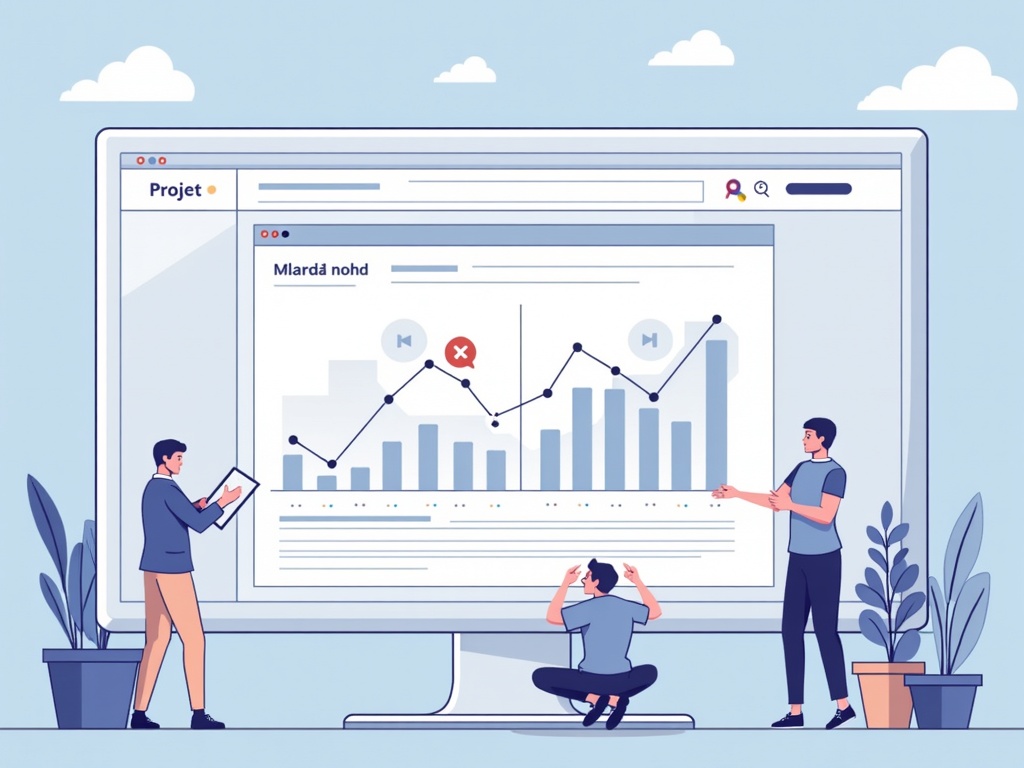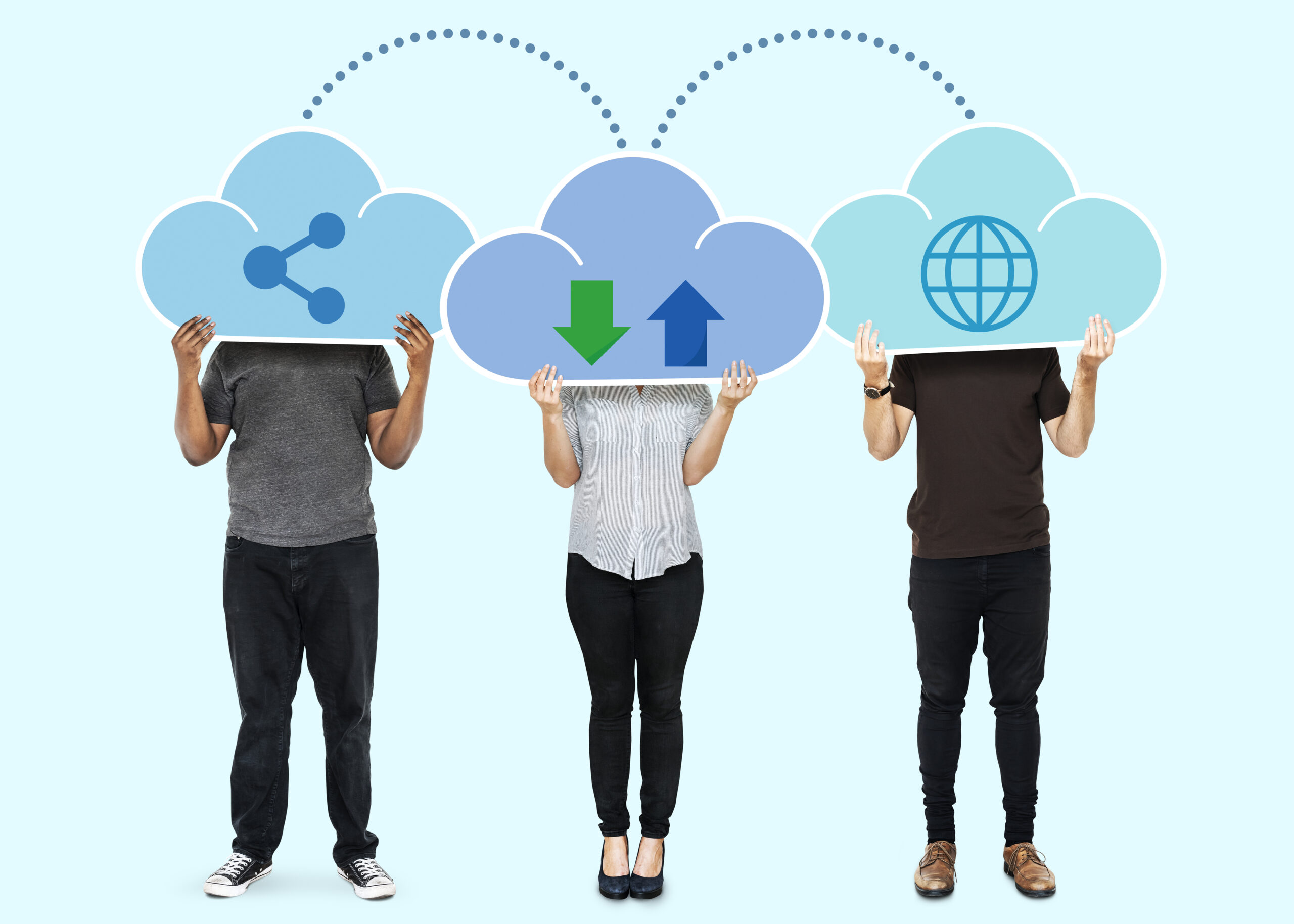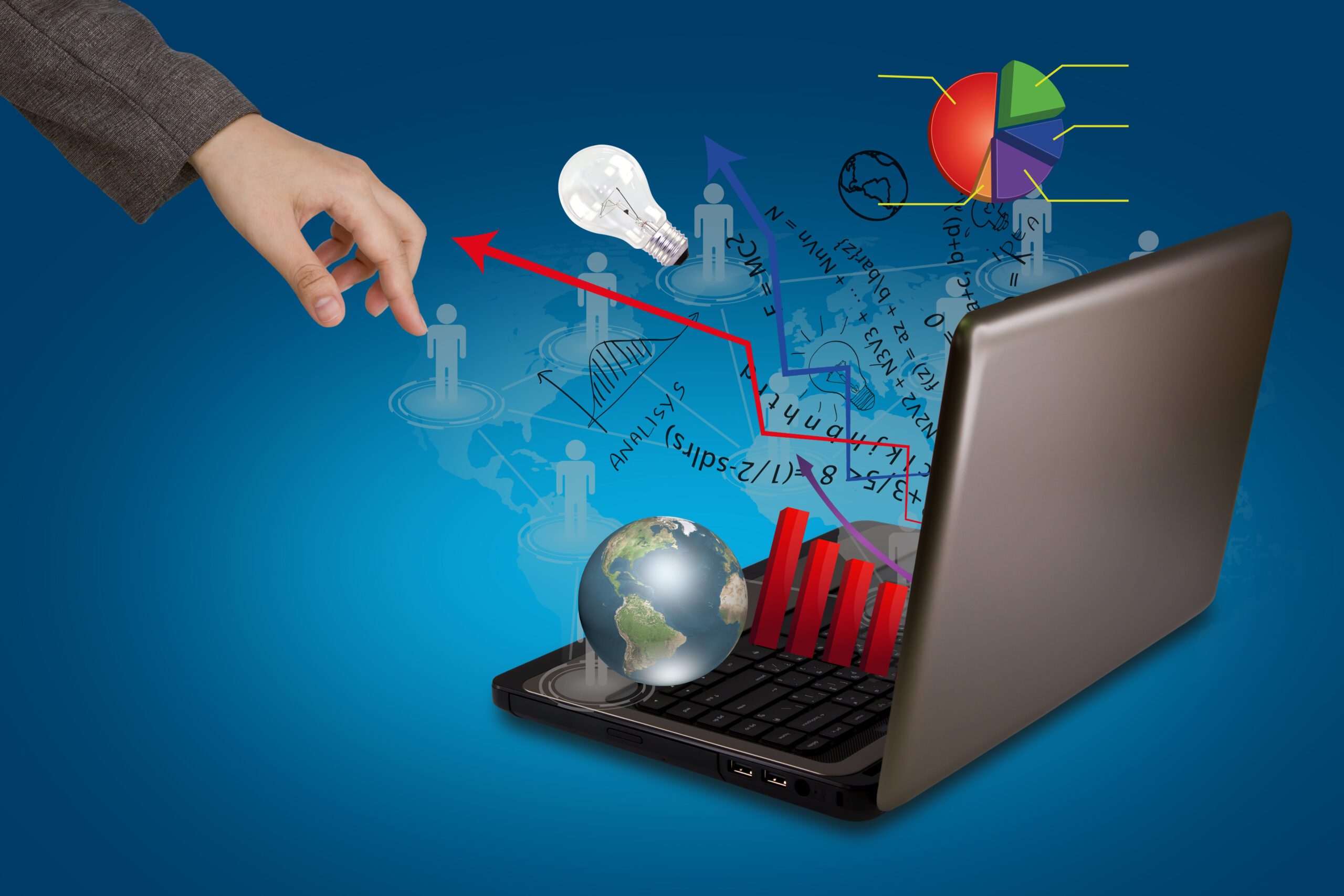For years, businesses have been spending millions on online advertising without knowing exactly what worked and what didn’t. Traditional paid ads often meant paying for impressions or clicks, even if they didn’t generate actual sales. But times are changing. With increasing competition, tighter budgets, and smarter customers, companies now demand ROI-driven advertising strategies.
This is exactly why performance marketing is reshaping the future of paid ads.
What is Performance Marketing?
Performance marketing is a form of digital advertising where businesses only pay when a specific result is achieved — whether it’s a click, a lead, a signup, or a purchase. Unlike traditional paid ads that focus on exposure, performance marketing focuses on measurable outcomes.
It combines the power of:
- PPC campaigns (Google Ads, Bing Ads, Facebook Ads)
- Affiliate marketing and partnerships
- Display and retargeting ads
- Influencer collaborations with conversion-based payments
In short, you only spend money when your ads are working.
Why Businesses Are Shifting to Performance Marketing
1. Clear ROI Tracking
With advanced analytics, businesses can now track every penny spent. Performance marketing allows you to see exactly how much you’re paying per lead, per conversion, or per sale.
2. Budget Efficiency
Instead of wasting money on broad campaigns, performance marketing ensures you only pay for results. This makes it a smart choice for startups, SMEs, and even large corporations managing high ad budgets.
3. Data-Driven Decisions
Performance marketing thrives on data. Advertisers can test, analyze, and optimize campaigns in real time, ensuring better outcomes with every iteration.
4. Scalability
Since you know what’s working, scaling becomes easier. If one ad campaign generates strong ROI, businesses can invest more confidently, leading to predictable growth.
5. Alignment with Business Goals
Every campaign is tied to clear KPIs: leads, sales, app installs, or signups. This ensures marketing is not just about visibility but about achieving tangible business results.
Why Performance Marketing is the Future of Paid Ads
Paid advertising is evolving, and businesses no longer accept vanity metrics like impressions or reach as indicators of success. Here’s why performance marketing is the future:
- Consumer behavior has changed → Users expect personalization and relevance, which performance-based campaigns deliver.
- Competition is rising → Companies need to maximize ad spend efficiency.
- AI and automation → With tools like Google Performance Max and Facebook Advantage+, advertisers can target more accurately than ever.
- Accountability in marketing → Businesses now demand that every dollar spent generates measurable outcomes.
In this new era, performance marketing is not just a trend—it’s becoming the standard model for paid advertising.
How to Make the Most of Performance Marketing
If you’re planning to shift your digital strategy, here’s how to leverage performance marketing effectively:
- Set clear goals → Know whether you want leads, sales, or app downloads.
- Use retargeting → Capture users who didn’t convert the first time.
- Optimize landing pages → High-converting landing pages amplify results.
- Test and scale → Start small, test creatives, and scale campaigns that work.
- Leverage analytics tools → Use Google Analytics, Meta Ads Manager, and SEMrush for real-time insights.
Final Thoughts
The era of paying blindly for online ads is ending. Businesses want accountability, ROI, and measurable growth, and performance marketing delivers exactly that. With its data-driven, results-oriented approach, it’s clear why performance marketing is becoming the future of paid advertising.
If you’re still spending money on campaigns without tracking real outcomes, it’s time to rethink your strategy. Performance marketing isn’t just the future — it’s the smarter way to advertise right now.
Frequently Asked Questions (FAQs)
1. What is performance marketing in paid ads?
Performance marketing is a results-driven advertising model where businesses pay only when a specific action occurs, such as a click, lead, or sale.
2. How is performance marketing different from traditional paid ads?
Traditional paid ads charge for impressions or clicks, while performance marketing ensures you only pay for measurable outcomes that align with your business goals.
3. Why is performance marketing considered the future of advertising?
Because it focuses on ROI, accountability, and data-driven insights, performance marketing ensures that businesses spend only on campaigns that deliver results.
4. What are the main channels used in performance marketing?
Popular channels include PPC campaigns, affiliate marketing, display ads, social media ads, and retargeting strategies.
5. Is performance marketing suitable for small businesses?
Yes, performance marketing is ideal for startups and SMEs because it minimizes wasteful ad spend and allows them to track ROI precisely.








